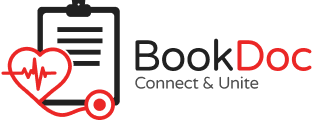
Have you ever glanced at your health screening report and felt like it’s speaking a secret language about your health? Those numbers aren’t just digits – they’re your health story in code that tells you how your body is doing! In this guide, we will unravel the mystery behind advanced health screening results, which includes cancer, thyroid, and osteoporosis. Let’s navigate this journey of understanding your well-being step by step for effective and proactive management.
Cancer screening
Cancer is a group of diseases where the cells in your body turn abnormal and grow out of control. These cells can form tumours and disturb your body’s normal functions. Cancer can happen in different parts of your body, so detecting it early and treating it through chemotherapy, surgery, or radiation therapy can help manage it. That’s why screening tests are important – they help find any issues before they become a major concern.
1. Cervical cancer screening

There are several tests available to screen for cervical cancer, such as:
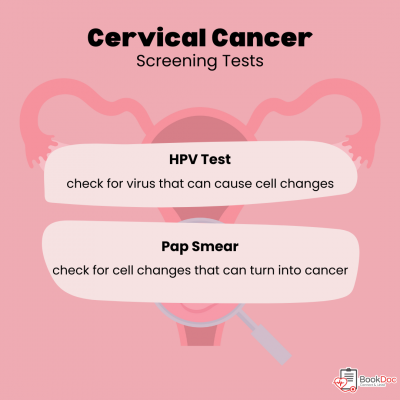
The cervical cancer screening test is a quick procedure where a tool called a speculum is used to observe the cervix. Then, a small sample of the cervical cells will be collected using a soft brush and sent to the lab for analysis.
2. Breast cancer screening

Various screening tests exist for detecting breast cancer, including:
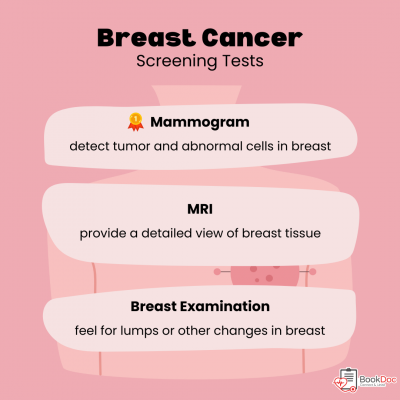
As the primary and essential screening method for breast cancer, among others, let’s delve into a closer examination of interpreting mammograms. During this procedure, a specialised X-ray machine is used to examine the breast. You may experience slight pressure and discomfort, but the procedure typically lasts only a few minutes.
3. Prostate cancer screening

Several screening methods are available to detect prostate cancer, such as:
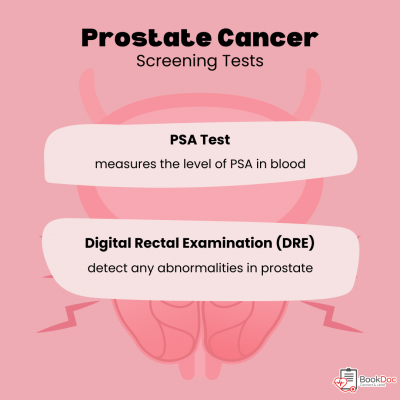
While PSA only requires a blood sample, DRE may be invasive as it involves rectal examination by the healthcare professional. This procedure might feel uncomfortable, especially if you have haemorrhoids, but it’s generally not painful and usually lasts only a few minutes.
4. Colorectal cancer screening
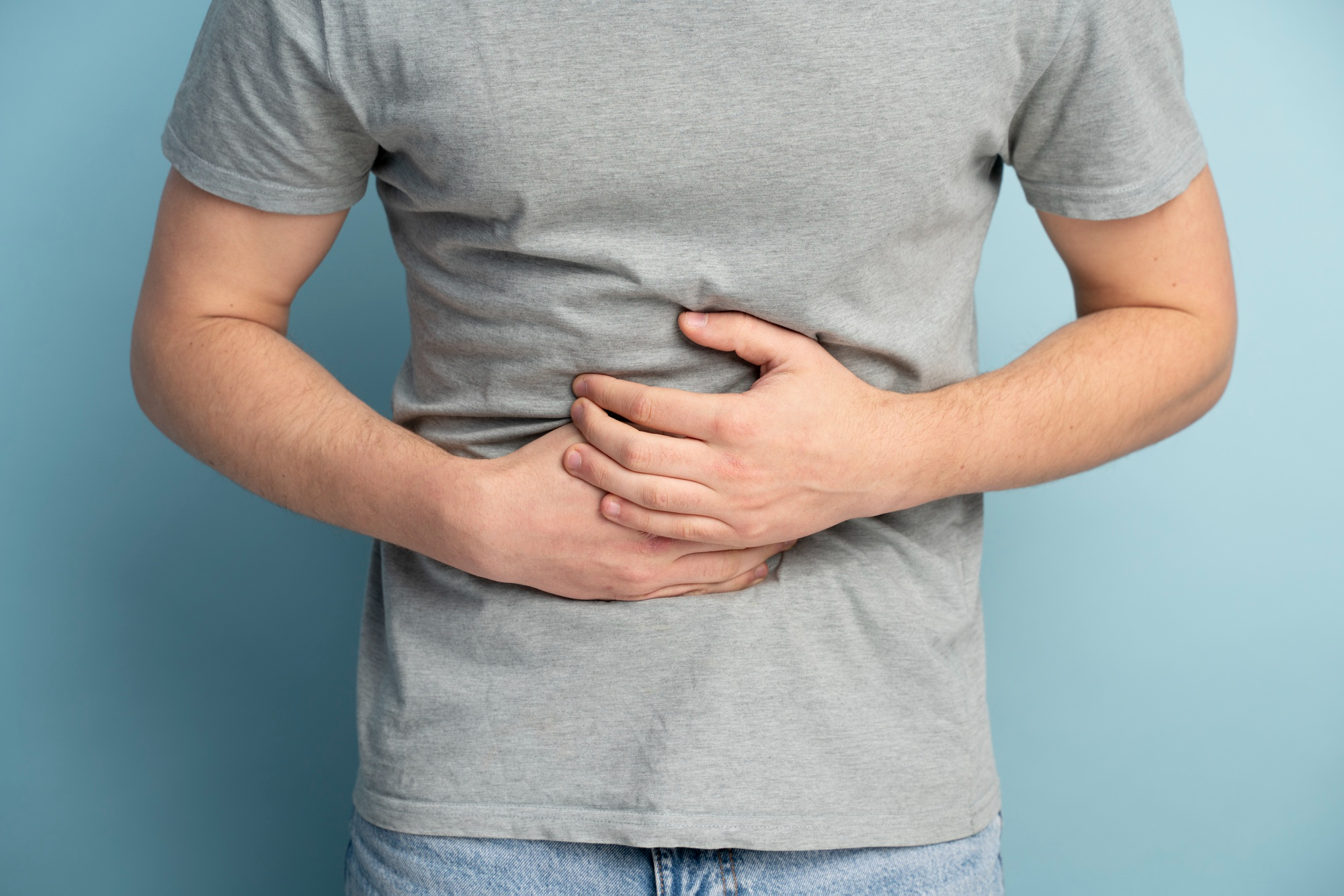
Numerous methods are available for screening colorectal cancer, including:
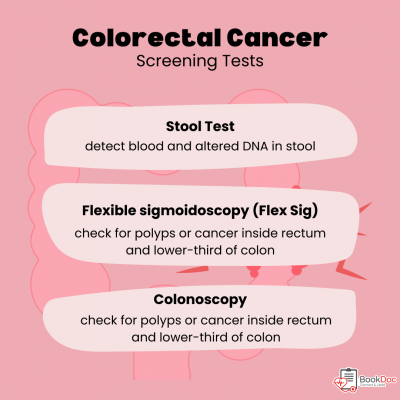
The three tests have different procedures. As it is named, stool tests are collected using a brush stick for the stool sample but with additional entire bowel movement screening for the FIT-DNA test. On the other hand, both sigmoidoscopy and colonoscopy require a flexible tube that will be inserted into the rectum to look for polyps or cancer. The main difference is that a longer tube is used for colonoscopy, allowing it to check the rectum and the entire colon. In comparison, sigmoidoscopy uses a shorter tube and only checks the rectum and the lower third of the colon.
Thyroid screening

Thyroid gland, a small organ in our body located near the vocal cord, is responsible for producing hormones that are important for normal body function. Dysfunction of the thyroid gland may lead to various health issues, including hypothyroidism and hyperthyroidism. Thus, screening is important for early detection of any abnormalities.
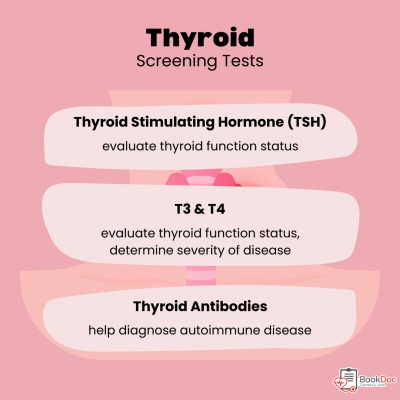
The thyroid function tests are a series of blood tests that include the withdrawal of blood samples and sent to the lab for thyroid hormone analysis.
Osteoporosis screening
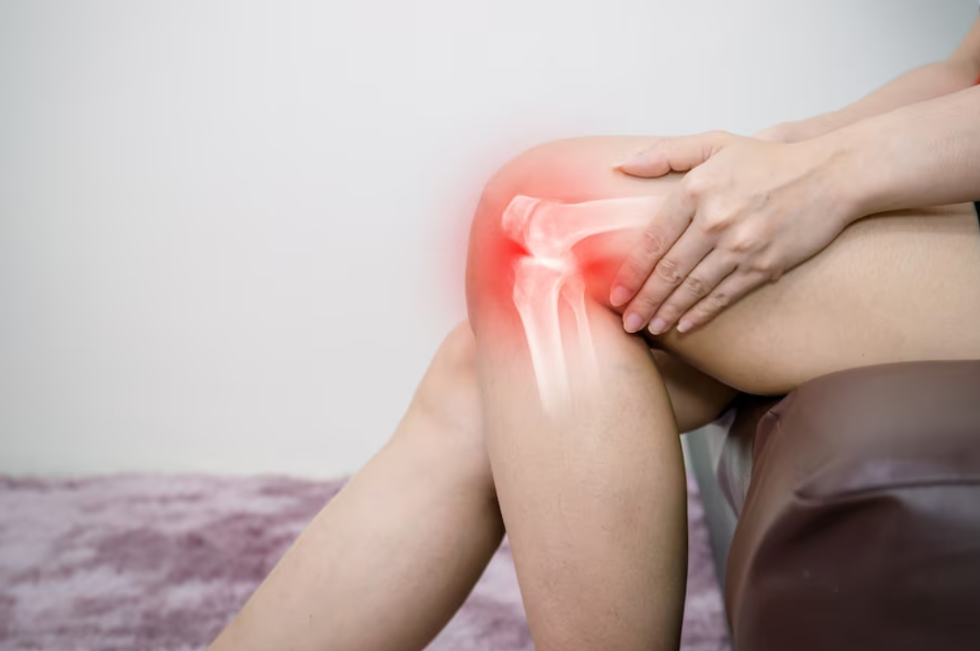
Osteoporosis is a bone disease characterised by weakened and fragile bones, making them more prone to fractures even from a minor bump or fall. It can happen without any warning signs until a bone fracture occurs. That’s why getting screened early is important, so that preventive steps to keep our bones strong through lifestyle changes or medical treatments can be done before any fractures happen.
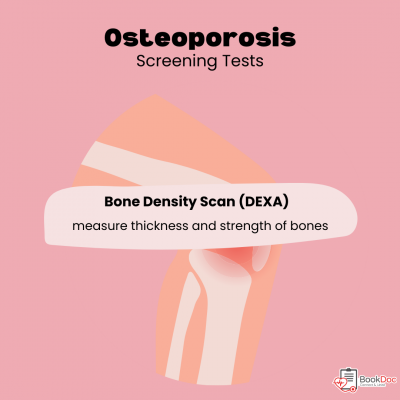
The procedure is painless and usually is done within 10 to 20 minutes. All you need to do is lie still while the X-ray machine scans the bones.
To sum up, screening tests are crucial for early detection and prevention. Being aware of available screening methods and understanding the results empowers you to take charge of your health. Yet, seeking guidance from healthcare professionals when interpreting results is important to avoid confusion and plan necessary follow-ups effectively. Take charge of your health today by connecting with health professionals through the BookDoc app and book your appointment at your fingertips here. Our team of supportive health coaches is here to guide you every step of the way!
Cheryl, Dietetics Intern
Reference:
- https://www.cdc.gov/cancer/cervical/basic_info/screening.htm
- https://www.cancer.gov/types/cervical/screening
- https://www.cdc.gov/cancer/breast/basic_info/screening.htm
- https://www.cancer.org/cancer/types/breast-cancer
- https://www.cdc.gov/cancer/prostate/basic_info/screening.htm
- https://www.cancer.org/cancer/types/prostate-cancer
- https://www.cdc.gov/cancer/colorectal/basic_info/screening/tests.htm
- https://www.cancer.org/cancer/types/colon-rectal-cancer
- http://www.myhealth.gov.my/en/thyroid-function-test/
- https://ptmasterguide.com/2019/04/05/thyroid-function-test/
- https://www.cdc.gov/nceh/radiation/dexa-scan.html
- https://www.nhs.uk/conditions/dexa-scan/what-happens/
